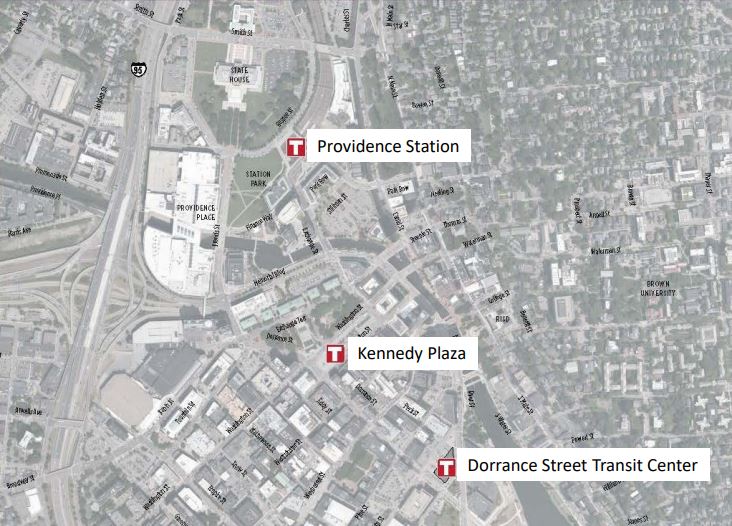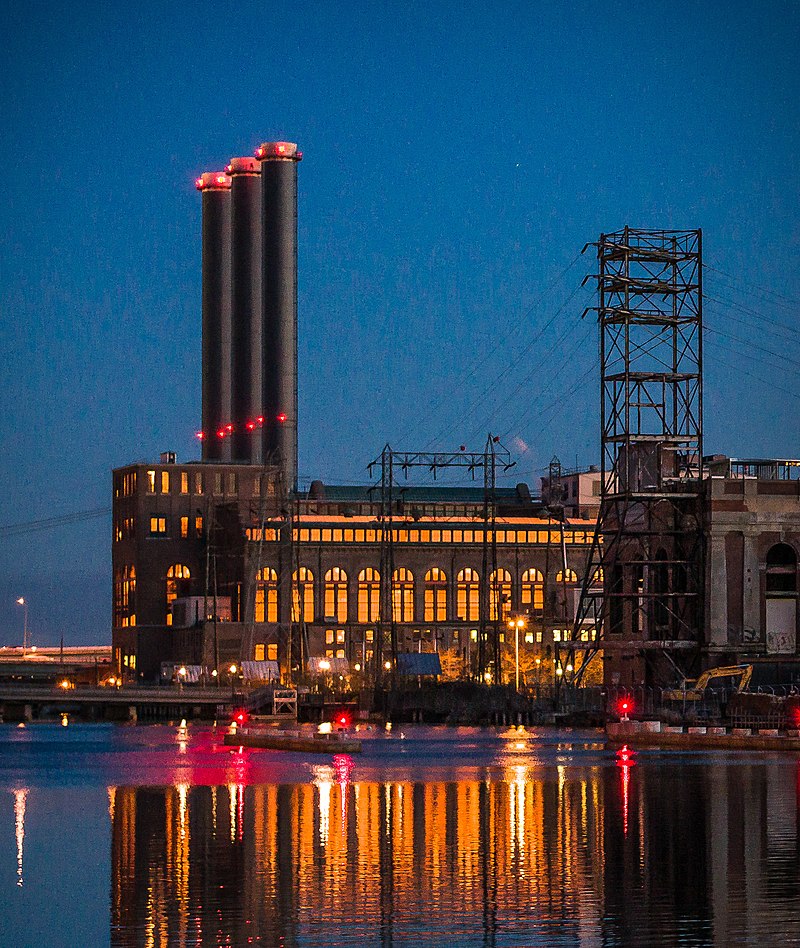BILL WOULD INJECT $16 MILLION INTO GREEN ECONOMY BOND
PROVIDENCE — State lawmakers and environmental groups are teaming up to plug a funding gap and save Rhode Island’s land conservation programs.
A bill introduced by Rep. Megan Cotter, D-Exeter, would inject $16 million into this year’s Green Economy Bond to fund four separate programs to protect land from development and provide a healthy boost for the state’s environment.
The programs — which include money for state and local open space acquisition, farmland preservation, forest management, and habitat restoration — are usually included in a single bond question to be approved by voters every two years.
But the state budget proposal announced last month by Gov. Dan McKee included no money for these programs in this year’s $50 million environmental bond question and, if passed, it would be the first time in nearly 40 years funding for the state’s conservation programs did not appear on the ballot.
The governor’s office did not respond to multiple inquiries from ecoRI News on why land conservation was left off the bond question.
Cotter’s bill would set aside $5 million for farmland preservation, $5 million for state open space acquisition, $3 million for local open space acquisition, and $3 million for forest management within the state Department of Environmental Management. The bill garnered more than 30 co-sponsors by Tuesday afternoon from representatives across Rhode Island and the aisle — two Republicans signed their name to co-sponsor, including Minority Leader Michael Chippendale, R-Foster.

RIPTA AGREES TO MOVE FORWARD WITH PLANS FOR NEW BUS HUB
PROVIDENCE — The Rhode Island Public Transit Authority will move forward with plans to develop a new bus hub in the state’s capital.
RIPTA’s board, via a unanimous vote at a special meeting, approved a $16,874,374 contract with Next Wave Partners for research and design services for a new building and transit center in Providence.
The contract comes with off-ramps, according to John Chadwick, RIPTA’s executive director of procurement and inventory control. The preliminary planning comes in six stages, and RIPTA staff will have to seek board approval before starting each step of the process.
If the board finds Next Wave’s work unsatisfactory, RIPTA will only need to pay for the services rendered up until that time rather than the whole $16.8 million price tag.
The first step in the process, noted as “Kick-Off/ Visioning” in the board-approved resolution, will cost about $1.4 million and is estimated to take about 72 days. It will include creating an outreach plan and initial site review.
Other steps include more detailed design and financial planning.
Board member Normand Benoit stressed that the new hub project would largely be funded by bond money and not RIPTA’s operational budget, which has already been stretched thin.
RIPTA LOOKS TO CUT SERVICE, ROUTES AS BUS DRIVER SHORTAGE CONTINUES
PROVIDENCE — Service cuts are on the table for the state’s transit agency, but not for the reasons that some riders and transit advocates expected.
Rhode Island Public Transit Authority staff cited issues hiring and retaining drivers amid a national shortage when proposing to modify service, in many cases reducing or discontinuing routes, at the authority’s board meeting.
On weekday service alone, proposed changes to RIPTA’s schedule include adjusting run times on five routes for better reliability; increasing frequency on four lines; reducing service on five other routes; and cutting 11 routes altogether.
Jamie Pereira, chief of security and operation at RIPTA, said the agency looked at factors including passengers per trip, per mile, and per hour on the bus, on-time performance, percentage of lost service, and feedback from riders on each line to create a ranking that helped staff decide which routes should be modified.

MANCHESTER STREET POWER STATION AMONG STATE’S BIGGEST GHG EMITTERS
PROVIDENCE — Every day, thousands of Rhode Islanders drive or walk past one of the state’s biggest sources of greenhouse gas emissions without ever knowing it.
Located along the Providence River, and easily visible from major highways running through the city, the Manchester Street Power Station has had an indelible impact on the city’s skyline and on its environment.
The 510-megawatt (MW) station has powered Providence for more than a century, first opening as a coal-fired power plant in 1903, before later switching to oil, and later, in 1996, natural gas, as environmental concerns over fossil fuels spurred utilities to “clean up” the power grid. Since the abutting South Street Station was decommissioned in 1995, the Manchester Street Power Station is Providence’s oldest operating electrical generator.
Its box-like shape and three smokestacks, each towering some 300 feet, make the building itself something of an icon — if an image of the Providence skyline includes more than the Superman and Fleet Bank buildings, it’s likely the power station is anchoring the image.
Thanks to its status as a natural gas-fired power plant, it’s also the second-biggest single emitter of greenhouse gas (GHG) in Rhode Island. In 2022, the power station emitted 464,454 metric tons of carbon dioxide, according to data from the Environmental Protection Agency. The facility emitted another 226 metric tons of carbon dioxide equivalent (C02e) of methane, and another 293 metric tons C02e in nitrous oxide.
For more details on these stories, and to get more of the latest environmental news, visit ecoRI.org. Subscribe to ecoRI News’ free weekly e-newsletter at ecoRI.org/subscribe.